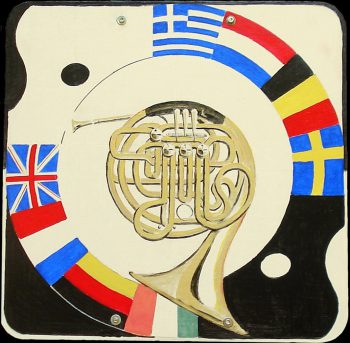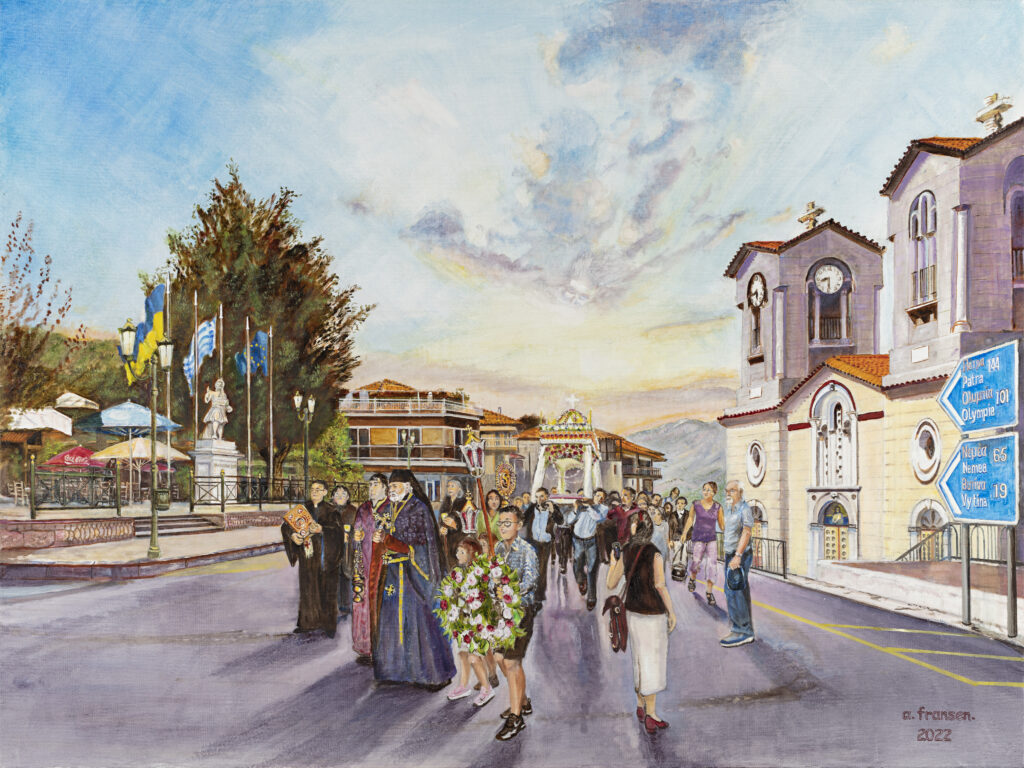Levidi is a town in the middle of Arcadia (Peloponnese, Greece).
During our trip in the summer of 2022, the city center caught my attention, initially purely because of its picturesque aspects. Only later did I read about an event at the start of the Greek War of Independence around Easter 1821, on April 14 to be exact. A story about partisans, despair and exceptional bravery. Partisans were dismissed by the aggressor as thieves (klefts) in front of the Ottoman rank and file and the Greeks who turned a blind eye. This was of course a reversal of the actual situation.
Reminiscence:
» Read more
In 1821, these klefts had already had a fairly universal motive for 400 years, namely overthrowing the yoke of oppression of the occupier-oppressor with deviating norms and values, especially with regard to religion.
A remarkable similarity arises here with the current situation in Ukraine since February 24, 2022, where there is also an aggressor who shamelessly uses misinformation; a misleading narrative of sameness has been used to justify the occupation. Indeed, in both Moscow and Kiev, the main religion is Orthodox Christian, a legacy of the Greek (or rather Byzantine) Church. It goes without saying that the love for one’s neighbour is at the heart of each Christian religion, including these orthodox versions.
I want to show the absurdity of this situation by directly referring to the undoubtedly second most important momentum in this religion, namely the Entombment of Christ on Good Friday (Megali Paraskevi). He, the epitome of charity, was condemned and put to death by the Roman ruler, who made good use of the misinformation raised.
The procession we see here is indicated by the Greek word Epitaphios. The hero of April 14, 1821, traditionally depicted as kleft, is Anagnostis Striftombolas (see the statue opposite the church).
» Read less

